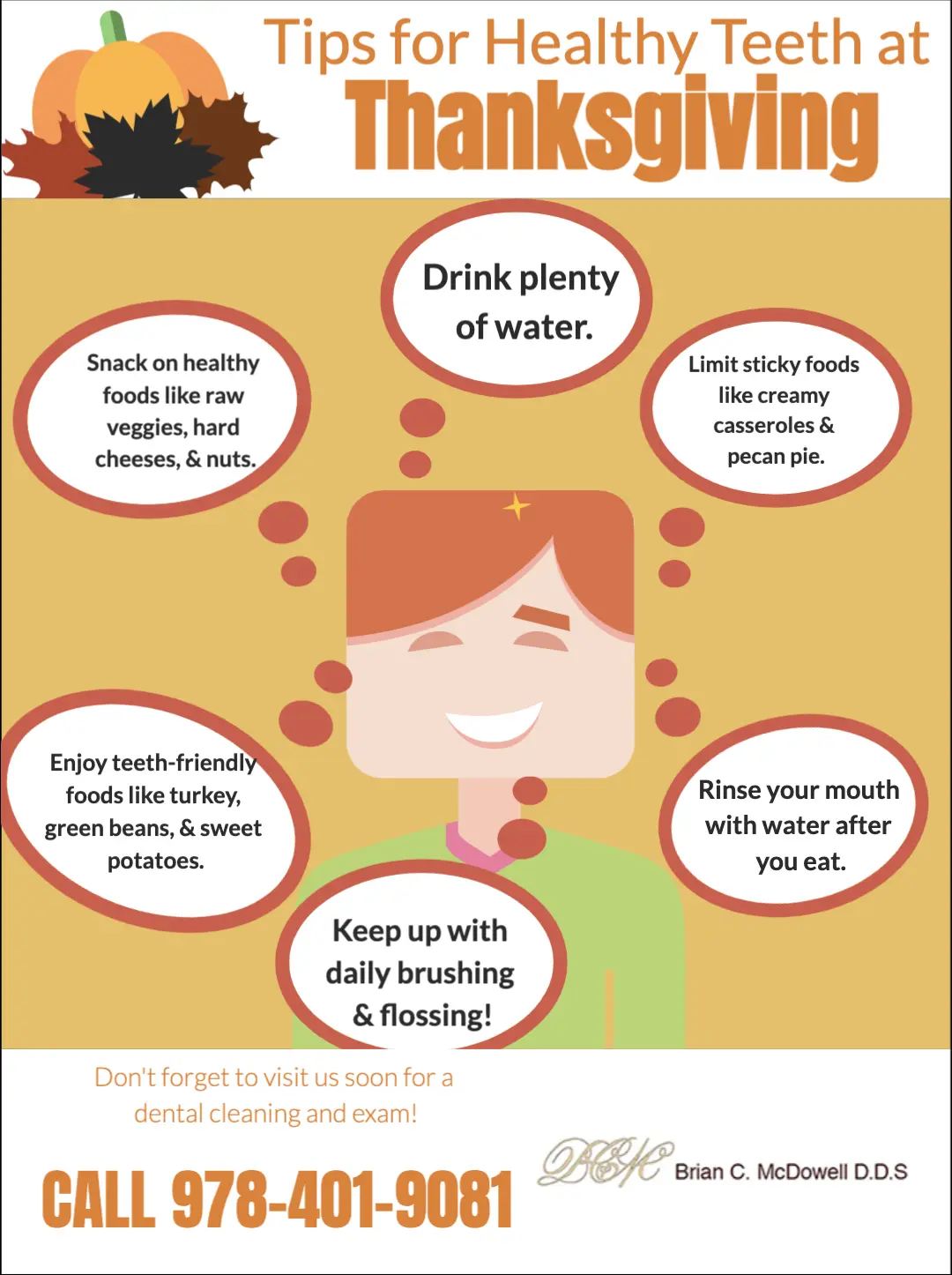Many people treat snoring as a joke, but there’s nothing funny about it. It can keep you and your loved ones from getting a restful night’s sleep. And if you have sleep apnea, as many folks who snore do, you are more likely to suffer from serious health issues such as high blood pressure and diabetes. Fortunately, we can help you stop snoring with a custom oral appliance.
People with apnea experience many brief interruptions of breathing throughout the night when their airway becomes blocked by their tongue or other soft tissue. The appliance works by moving your jaw into a position that keeps your airway clear so you can breathe easily all night.
Many people find an appliance easier to adjust to than a CPAP machine, another common method of treating sleep apnea. Unlike the CPAP, an appliance doesn’t involve wearing a mask or having air blown into your throat. Since it’s similar in size to a sports mouthguard, you can easily take an oral appliance with you anywhere you go.
To schedule a consultation in our Fitchburg, MA office and see if you’d benefit from a custom-made oral appliance, call 978-343-4031 today.
In the meantime, check out some other ways that may help you breathe better while you sleep:
- Lose Weight – According to the National Heart, Lung, and Blood Institute, more than half of sleep apnea sufferers are overweight. Fat in your neck can affect your breathing. A good method for losing weight is to drink plenty of water and consume more high-fiber foods like fresh fruits and vegetables. Doing this will make you feel full so you eat less. Bonus: both habits are also great for your teeth!
- Exercise Regularly – Exercise helps you lose weight. In addition, it can lessen the nasal congestion that also adversely affects your breathing. You don’t have to adopt an elaborate workout routine. A brisk walk is fine. Aim for at least 30 minutes of moderate activity a day.
- Stop Smoking – Smoking is bad for your health in so many ways. Smokers are three times more likely than non-smokers to suffer from sleep apnea. That’s because smoking irritates your upper airway, tongue, and throat, making more you more prone to blockage.
- Clear Your Nose – Nasal congestion makes sleep apnea symptoms worse. You can try elevating your head when you sleep to help keep your nose clear. Taking antihistamines or using nasal strips can also help.
- Skip Sedatives Before Bed – It might seem counterintuitive, but don’t use sedatives to help you sleep. They relax the muscles in your throat, which can contribute to airway blockage. They also make it harder to wake up, which can make you struggle even harder to breathe. Alcohol has similar effects, so skip alcoholic drinks for a few hours before turning in.
- Sleep on Your Side – Your tongue and soft palate relax more when you’re on your back. Because of this, it’s easier to keep your airway open if you sleep on your side. You can try using pillows to help you stay in a side sleeping position.
Ready to stop snoring? Call Call Brian C. McDowell D.D.S. at 978-343-4031 today. We’ll help you get a screening for a sleep apnea diagnosis, if necessary. Whether or not you have apnea, the appliance will help you and those around you get a good night’s sleep.

